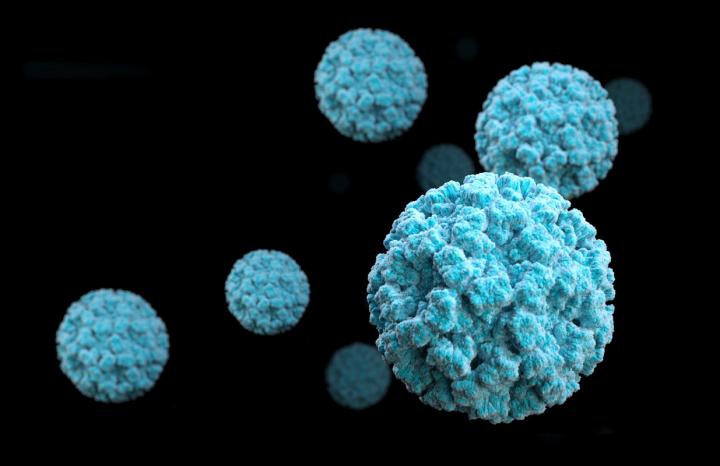By NewsDesk @bactiman63
In New Zealand, Auckland health officials are reporting a dramatic increase in norovirus outbreaks, in fact a tenfold increase, in the region’s early learning services (ELSs) in November.
Auckland Regional Public Health Service (ARPHS) reports responding to 29 norovirus outbreaks, with 21 of these being in ELS facilities. Around 64 staff and 280 attendees of these ELSs became unwell.

Medical Officer of Health Dr Jay Harrower says this is a significant increase on 2019 numbers.
“In the same period last year, we responded to a total of nine norovirus outbreaks, with only two of these being in early learning services. Six staff and 29 attendees became ill as a result.”
Dr Harrower says ARPHS has identified that some centres with outbreaks have been cleaning with ammonia-based products as these are marketed as inactivating the coronavirus (COVID-19).
“There is a common factor in the sharp rise in norovirus outbreaks in Auckland early learning centres over the last two months. Most of the centres with norovirus have moved away from chlorine bleach for cleaning.”
He is asking centres to use hypochlorite (chlorine bleach) products for all cleaning, and to use them regularly and thoroughly.
“It is hypochlorite or bleach that will kill norovirus on surfaces, and can also prevent the spread of coronavirus as well. Ammonia and alcohol based solutions do not completely inactivate norovirus,” he says.
Norovirus symptoms can include feeling or being sick, diarrhoea, stomach cramps, headache, low-grade fever, chills and muscle aches. Symptoms usually last for two days. Good hand hygiene – washing and drying hands thoroughly and often – is the most important action to take in preventing spread of the virus.
Norovirus can survive outside the body, so hard surfaces, toys, plates, cutlery and other objects can become contaminated and lead to others becoming ill.
- Dengue fever in the Americas: Lowest case fatality rate in 10 years
- Philippines COVID-19: 1,768 new confirmed cases, Police to enforce social distancing with rattan sticks in Manila
- NYU Langone study: Once hospitalized, black patients with COVID-19 have lower risk of death than white
- Uganda reports rise in malaria, Blamed on heavy rains
- DRC: More than 200 suspect Chikungunya cases reported in Kwango province
- Sweden outlines COVID-19 vaccine prioritization
- Traveling to Nigeria? CDC says get your yellow fever vaccine

